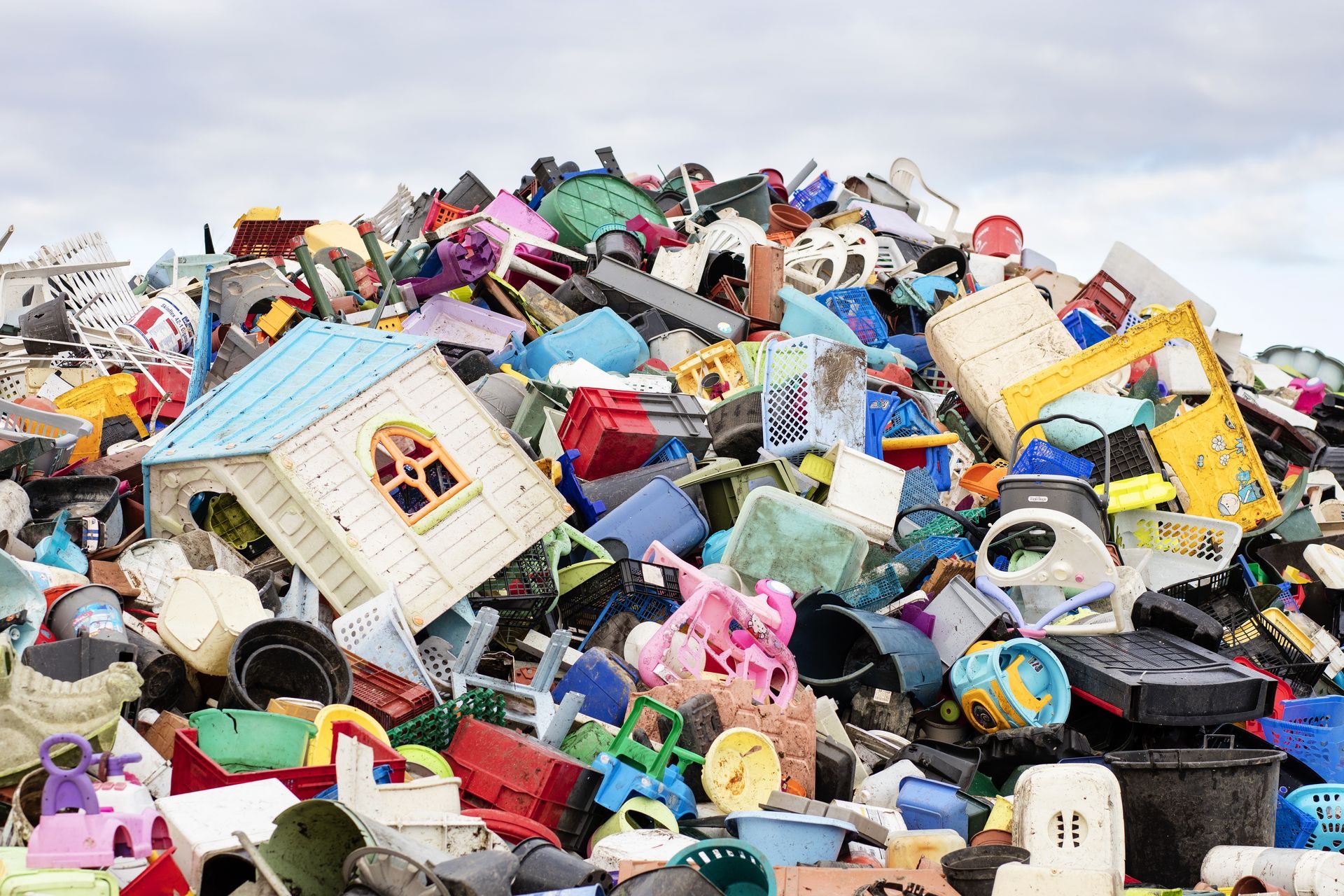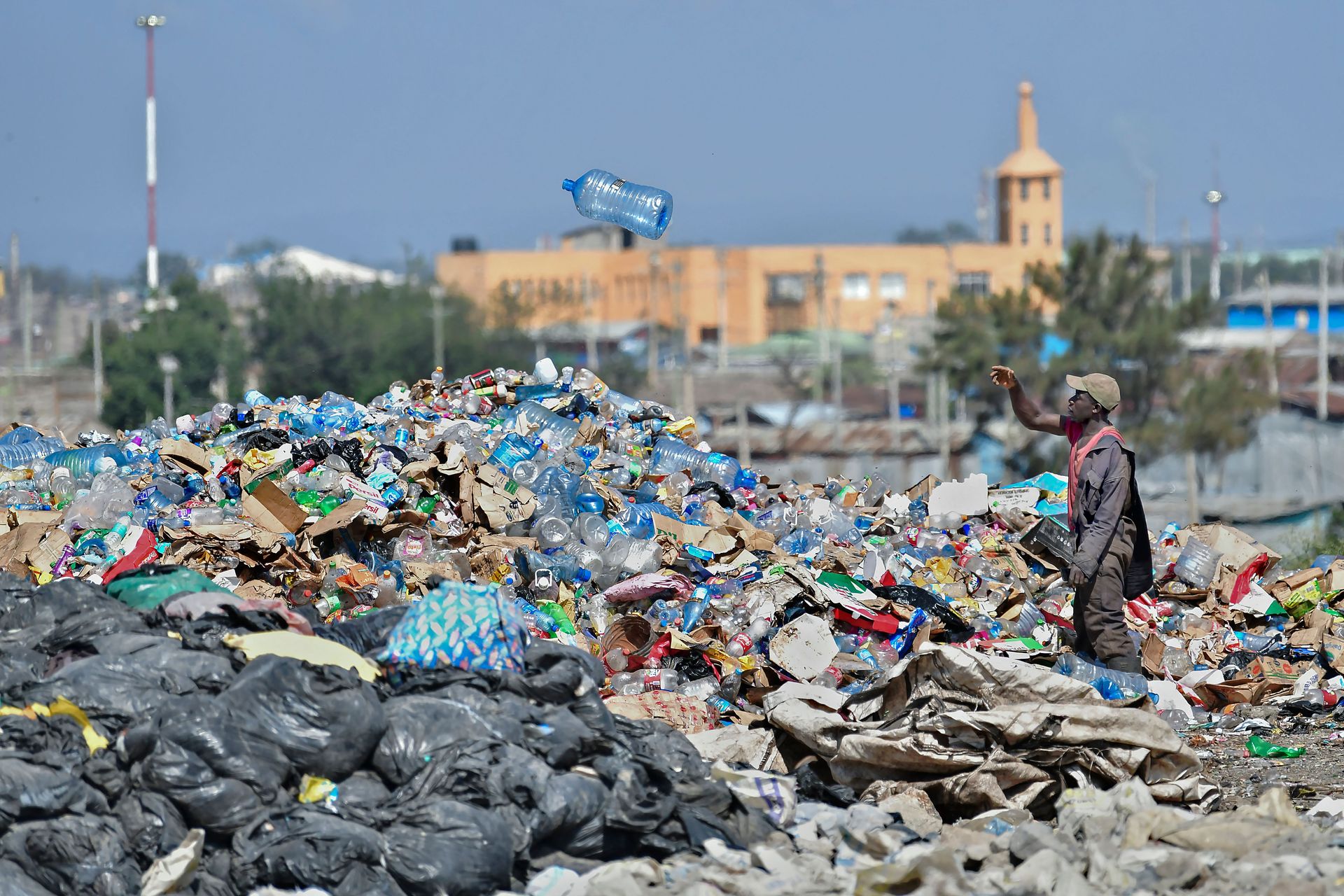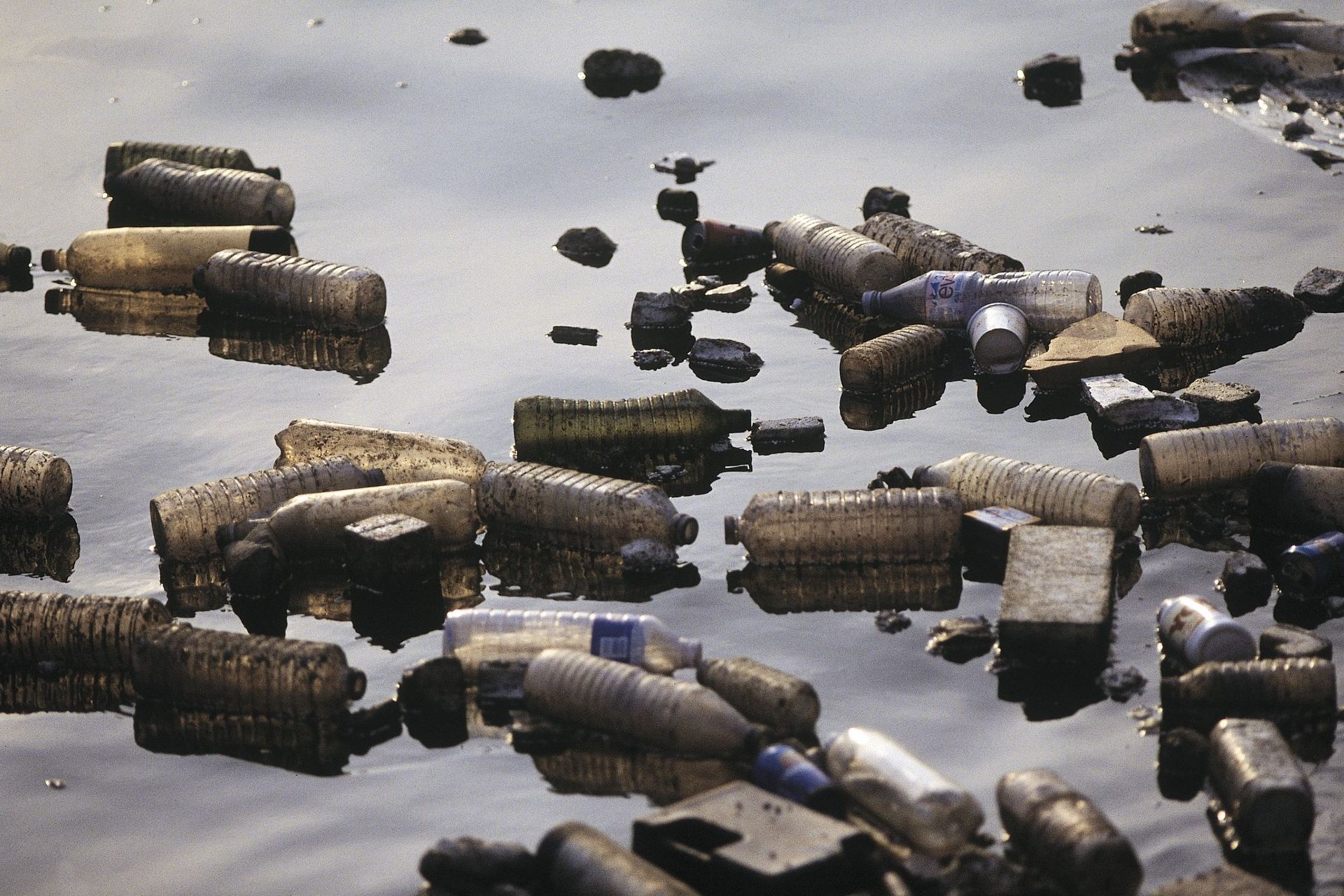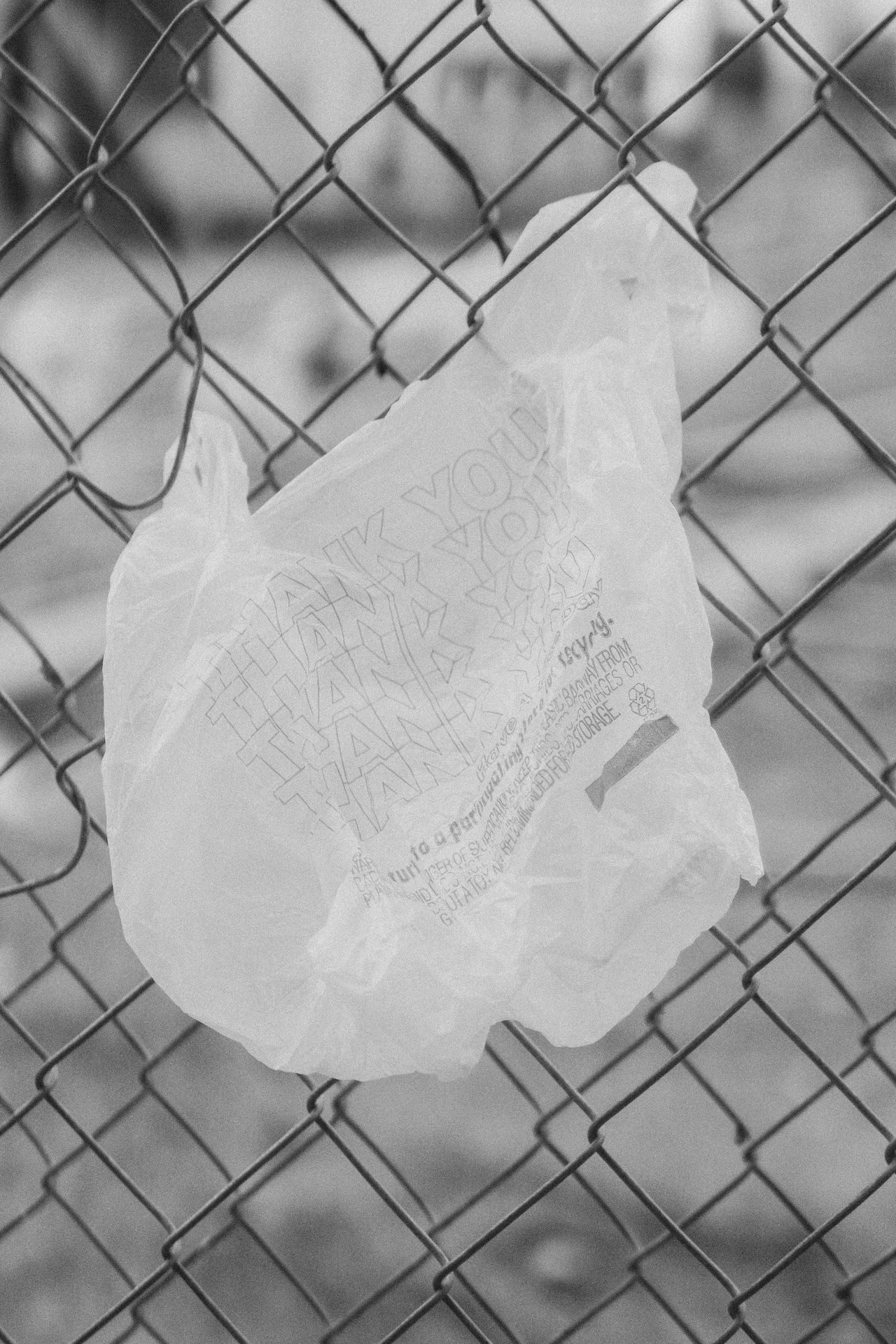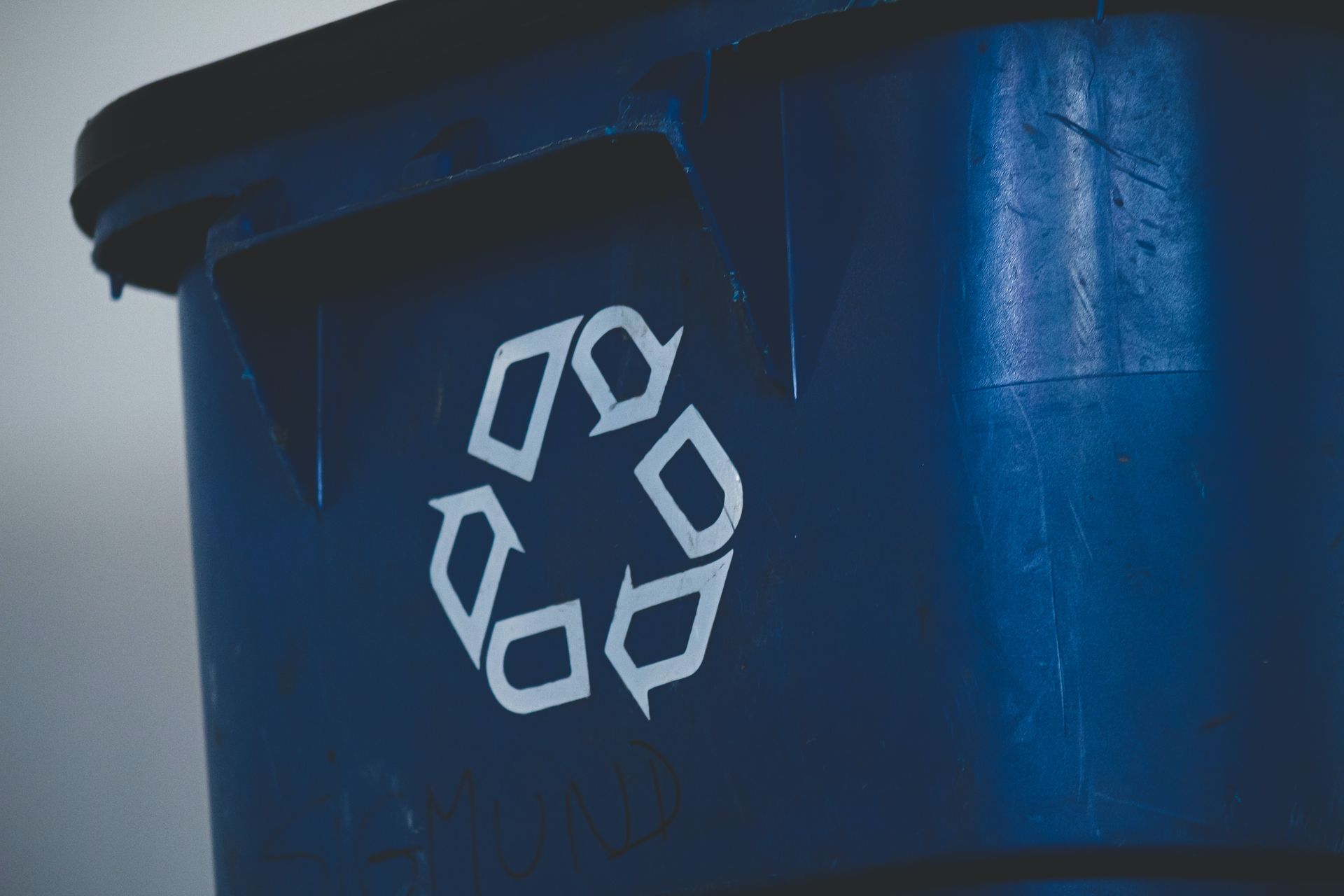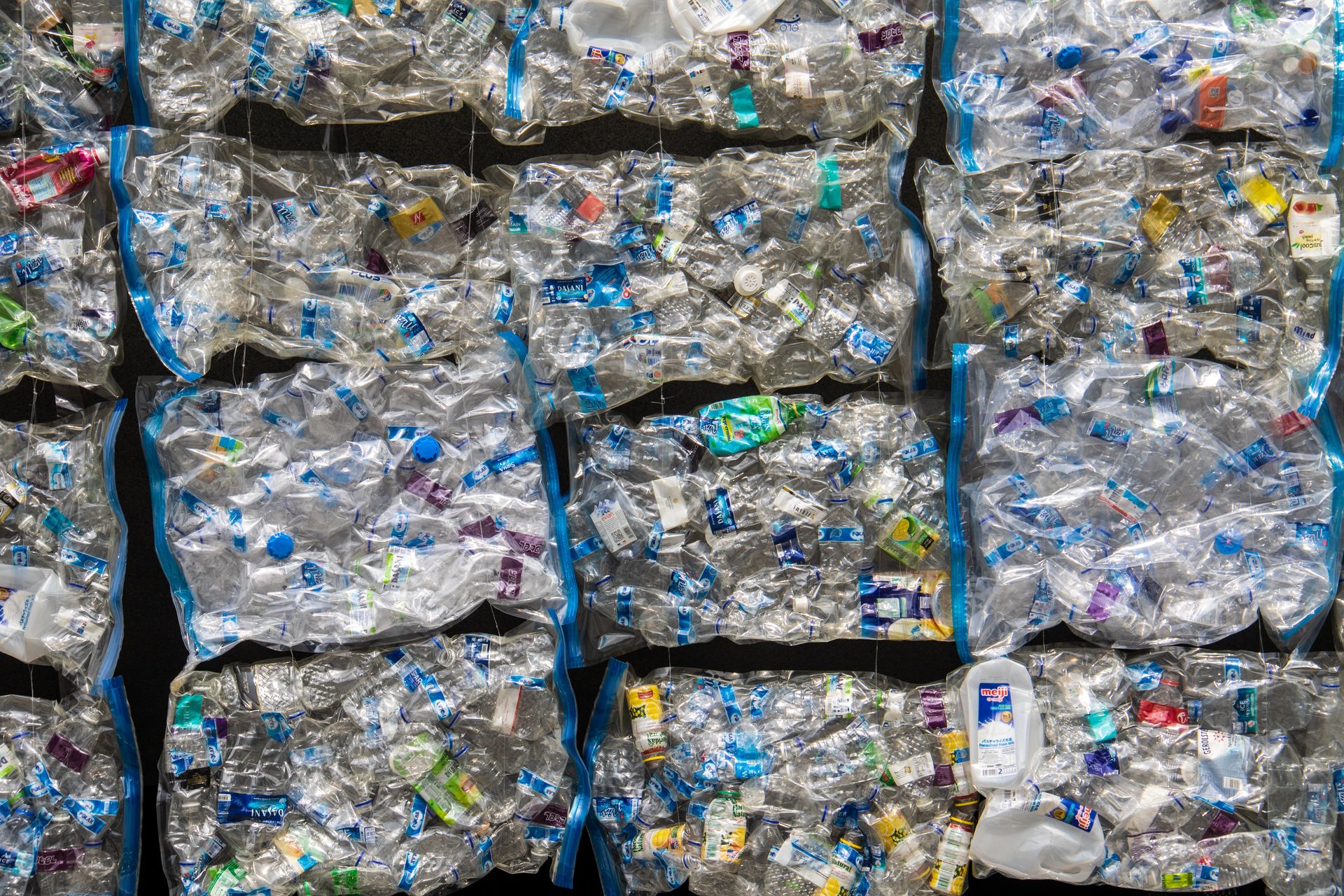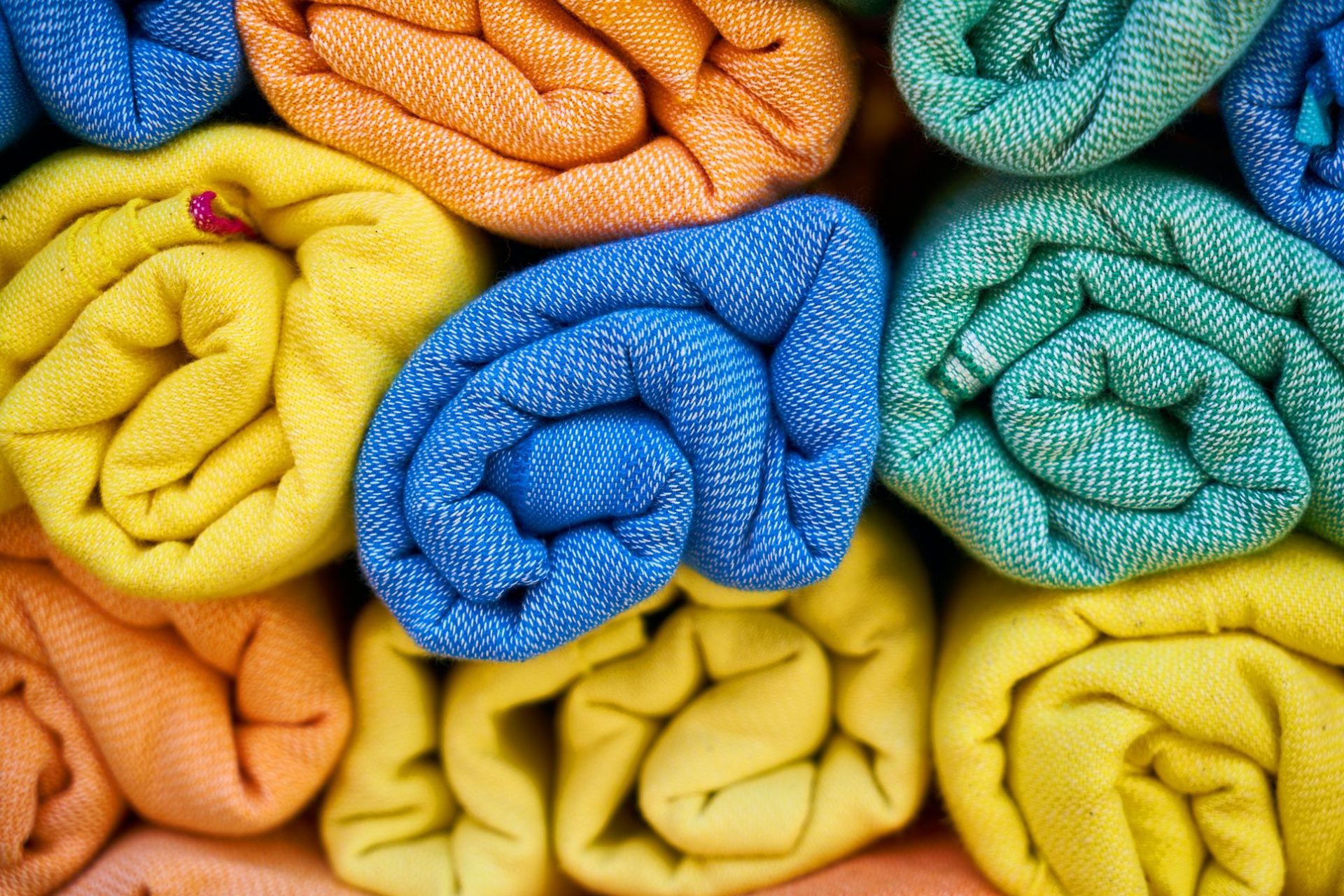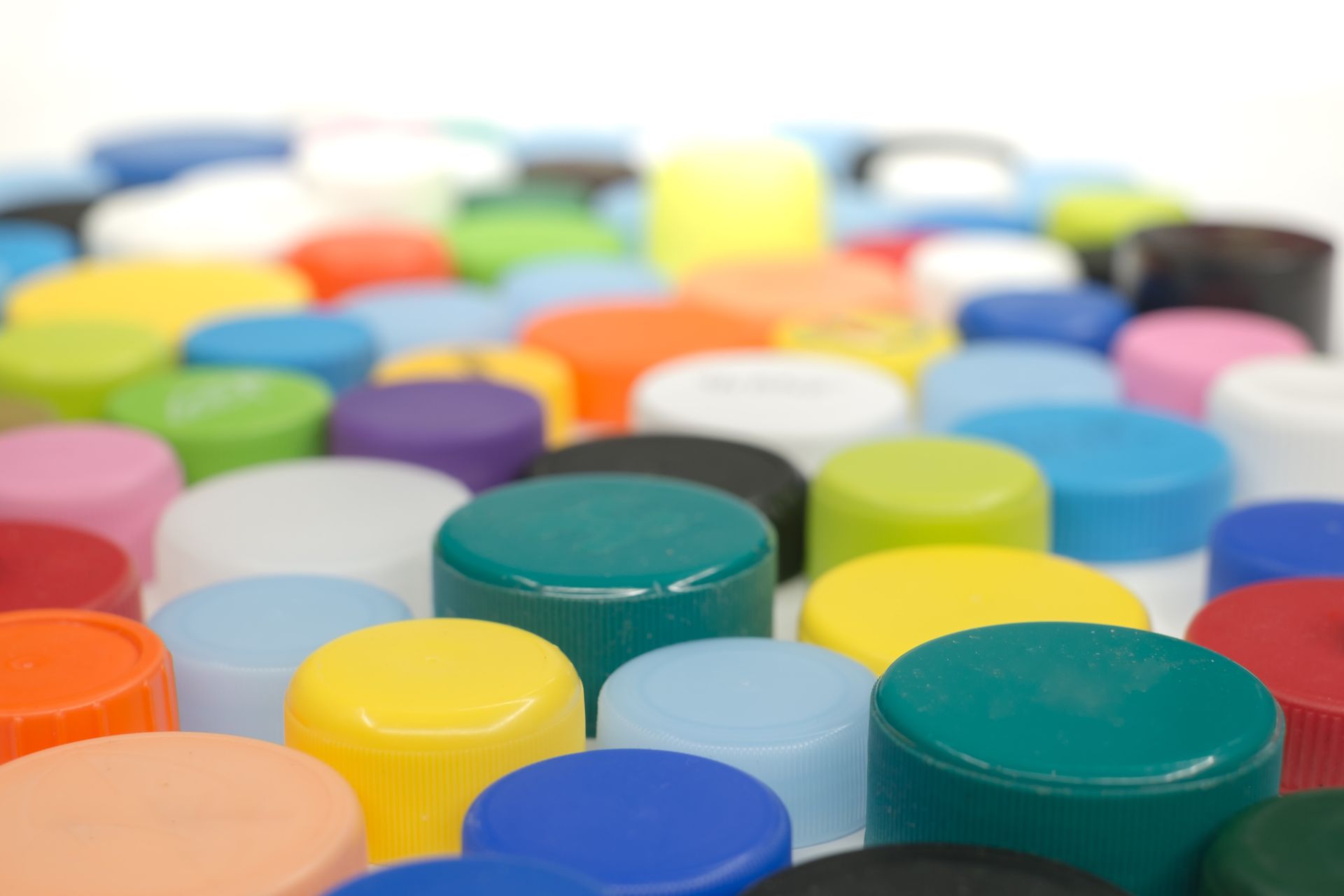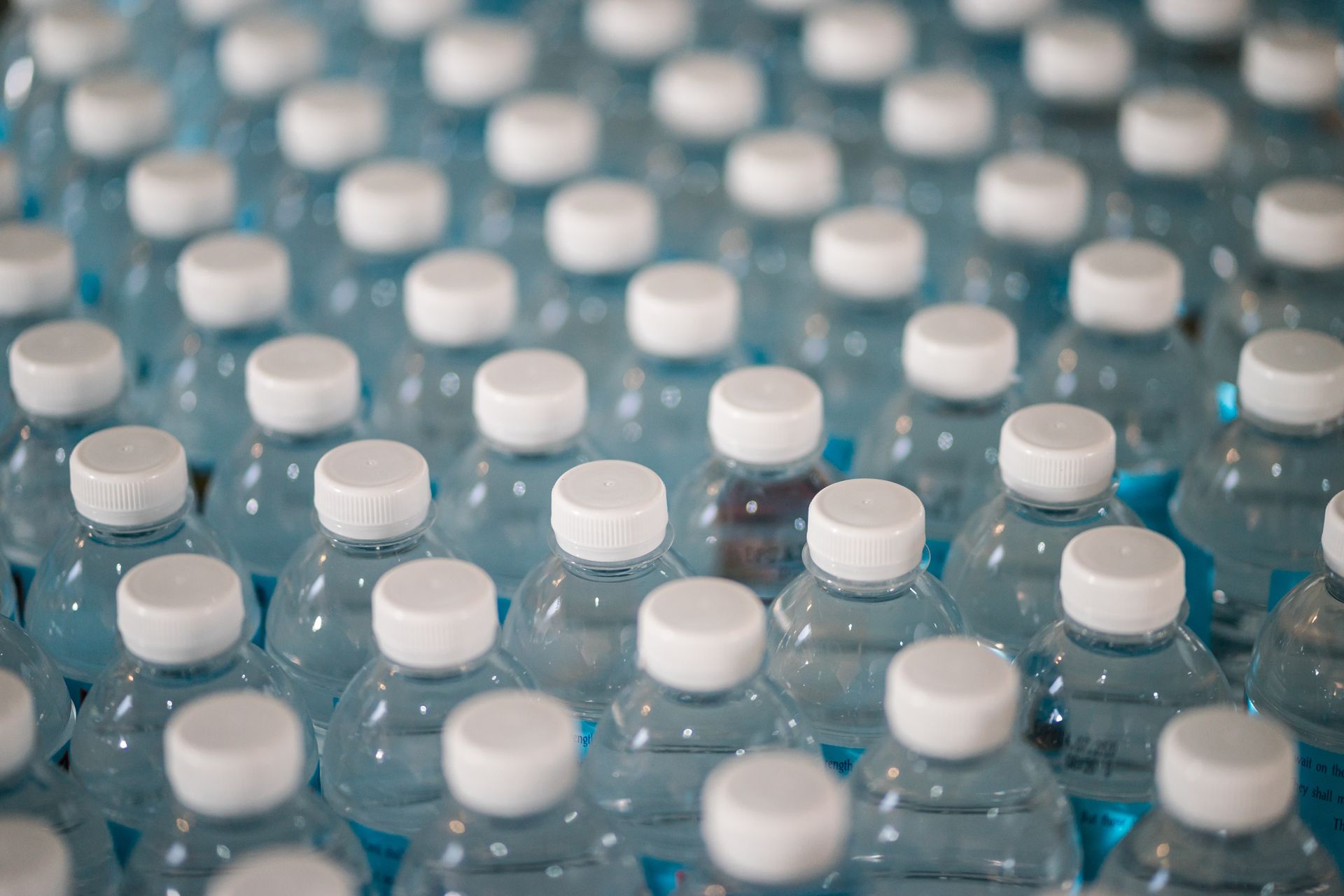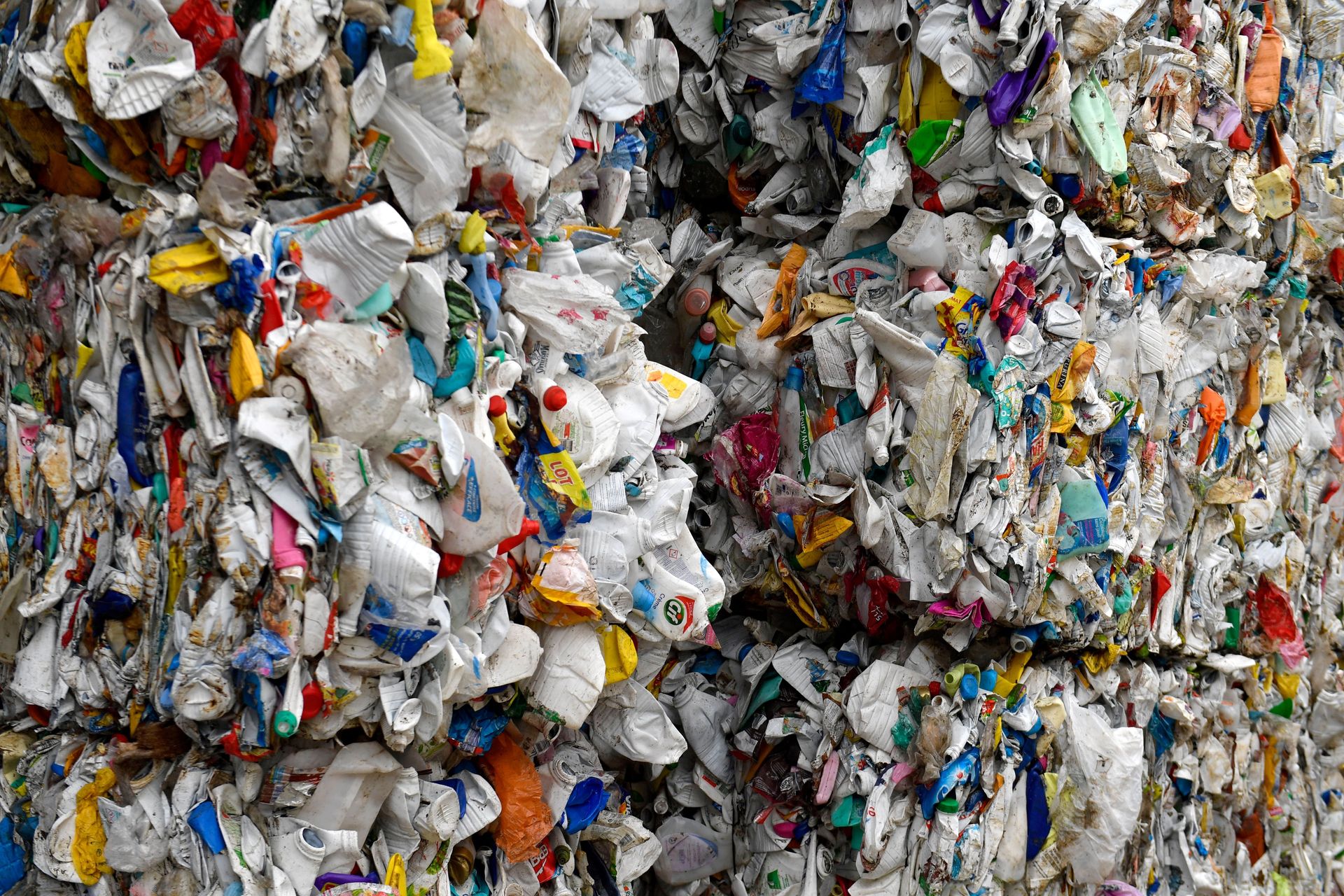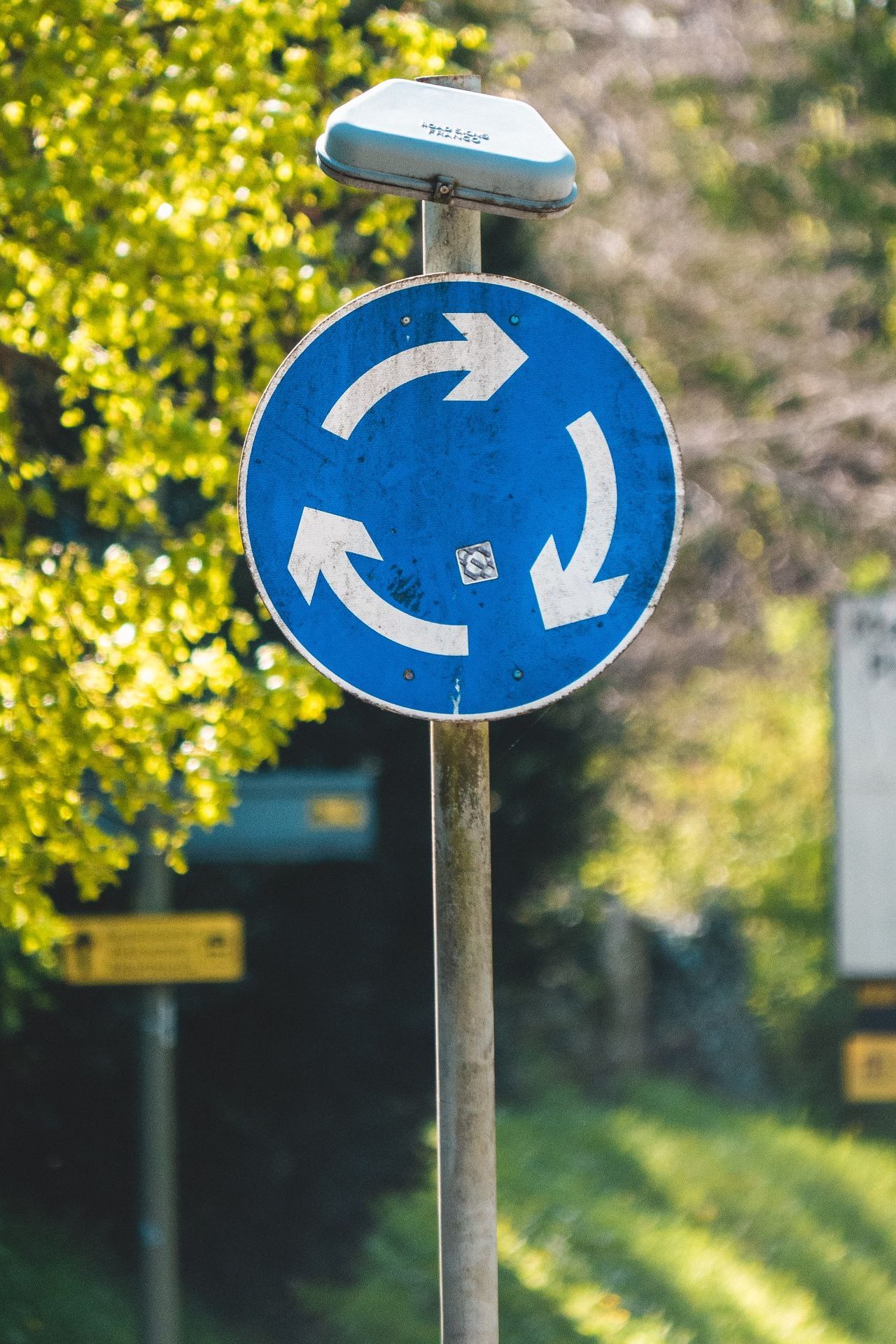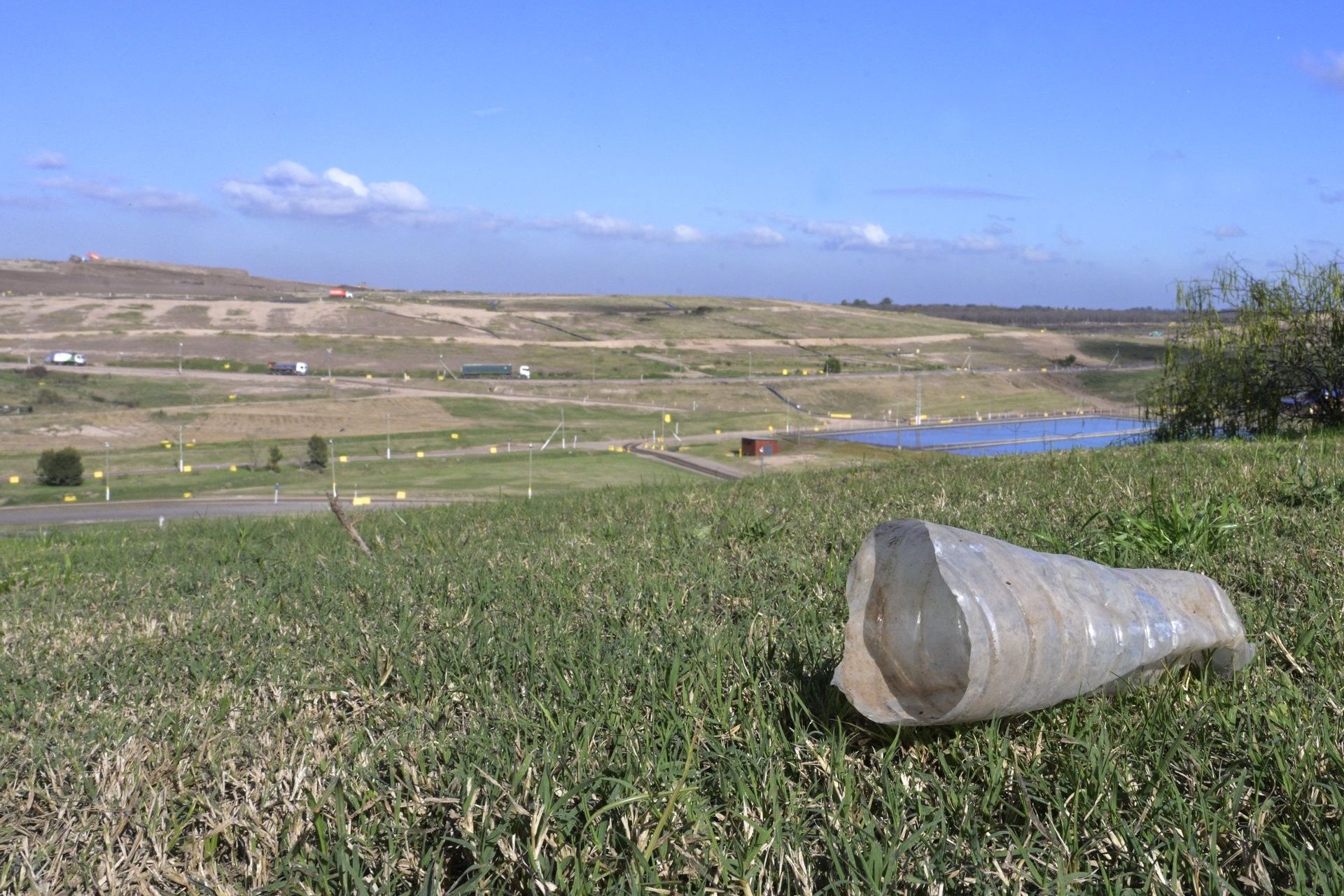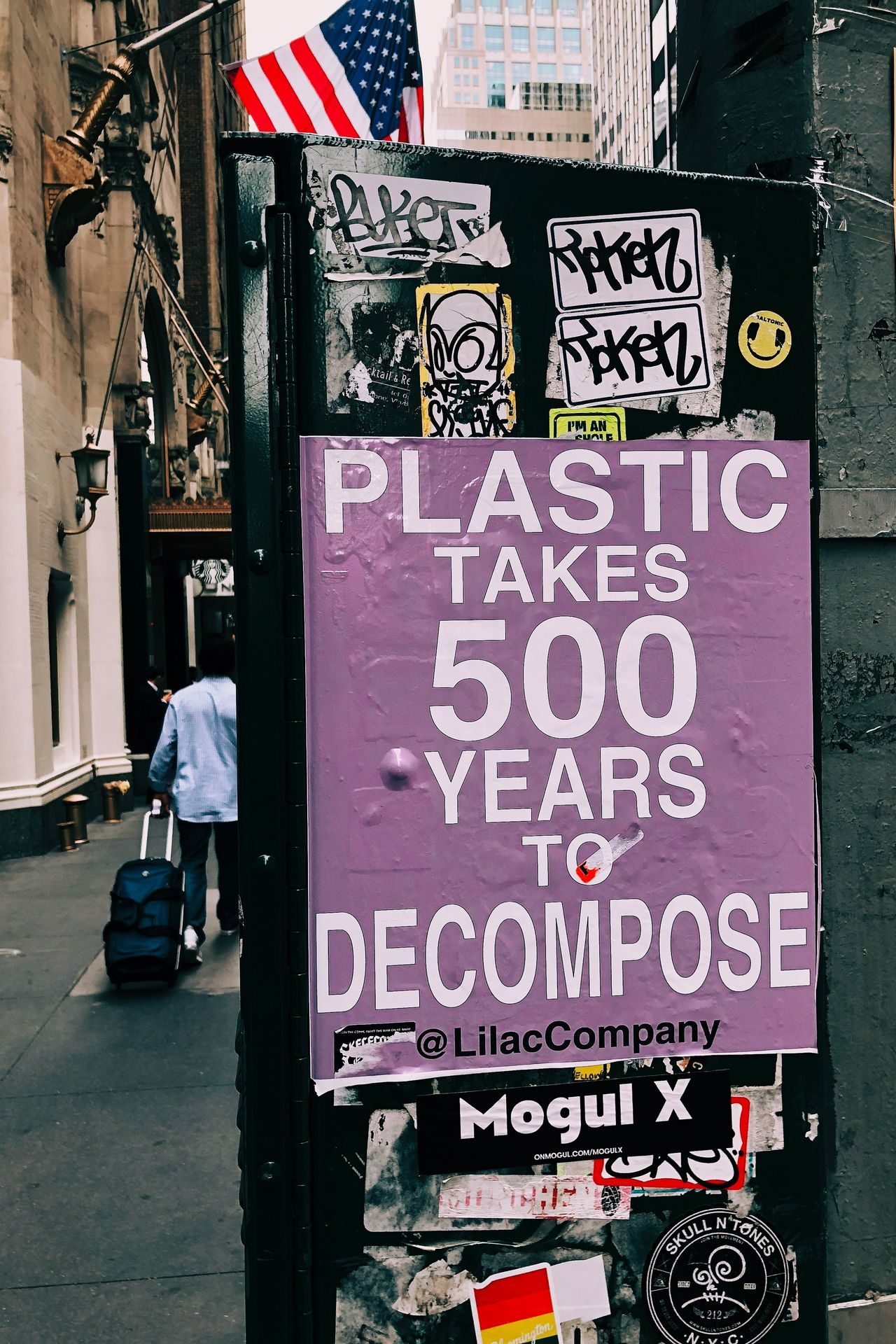Recycling plastic using an enzyme: a miracle solution to drastically reduce pollution?
Has a miracle solution been found for recycling plastic? Recent scientific and technological advances certainly are optimistic. Here's everything you need to know.
According to the OECD (Organisation for Economic Co-operation and Development), almost half of the world's 400 million annual tonnes of plastic waste end up in a landfill under conditions that do not always respect the environment and the health of populations.
Furthermore, according to the international organization, only 10% of plastic waste is recycled worldwide. An insufficient figure when we know the damage that this pollution inflicts on ecosystems.
So, what is this innovation that could greatly increase plastic recycling? It is an enzyme capable of breaking down plastic materials that were previously unrecyclable.
The 'BBC' mentions a first experiment carried out in Japan by researcher Sintawee Sulaiman, from Osaka University, who was responsible for testing a recently discovered enzyme, LCC ("leaf-branch compost cutinase").
Photo: @Timothy Dykes / Unsplash
The scientist left pieces of plastic packaging in contact with LCC samples overnight. The next day, their appearance had already changed. “"The piece of plastic had some holes, or some breakdown. That made me feel so surprised," she said, quoted by the 'BBC'.
Photo: @Morgan Vander Hart / Unsplash
The implementation of this process was accelerated in France, where researchers at the University of Toulouse remodeled the LCC (now called LCCICCG) to make it more efficient.
Photo: @Sigmund/Unsplash
“The enzyme is now so efficient that it can completely break the PET polymer down to its constituent monomers - the chemicals producers need to make new plastic," indicates the 'BBC' in their article on the subject.
Photo: @Nick Fewings / Unsplash
The application phase has already started: in Clermont-Ferrand, the Carbios company has a factory whose largest machine processes polyester clothing, a material widely used in the textile industry.
Photo: @Lucas Hoang / Unsplash
After shredding the clothes, the machine feeds the pieces into another device which transforms them into soft granules. The induced increase in the surface area of the material weakens the molecular bonds of the plastic.
Photo: @ enginakyurt / Unsplash
Carbios does not intend to stop there: the French company plans to open another factory in the north-east of France by 2025, whose recycling capacity will be 50,000 tonnes of waste per year, which is the equivalent to 300 million t-shirts or 2 billion bottles.
Photo: @Roberto Sorin / Unsplash
The company also plans to sell operating licenses to other companies to quickly develop the business. It has already formed a consortium with large groups such as Nestlé, L'Oréal and PepsiCo.
This type of recycling is developing elsewhere in the world also. 'Planetark' reports that in Australia, Samsara Eco has developed a similar technology that reduces plastics to their individual elements, monomers, which are then used to make new products.
Photo:@Jonathan Chng / Unsplash
This process allows for infinite recycling of plastics. By 2030, the company aims to recycle more than 1.5 million tonnes of plastic and textile waste per year, or around 2.5 million tonnes of CO2 emissions saved.
These innovations promote the development of a circular economy, where materials are permanently reused. The drop in consumption will also reduce the price of raw materials.
Photo: @Matt Seymour / Unsplash
Can all plastics be transformed by enzymatic recycling? According to Andy Pickford, of the Enzyme Innovation Center at the University of Portsmouth, quoted by the 'BBC', some types may never be recyclable and should be abandoned.
In any case, these innovations will make it possible to consume fewer resources and gradually reduce plastic pollution. A big step towards more sustainable development!
Photo:@Jon Tyson / Unsplash
More for you
Top Stories



